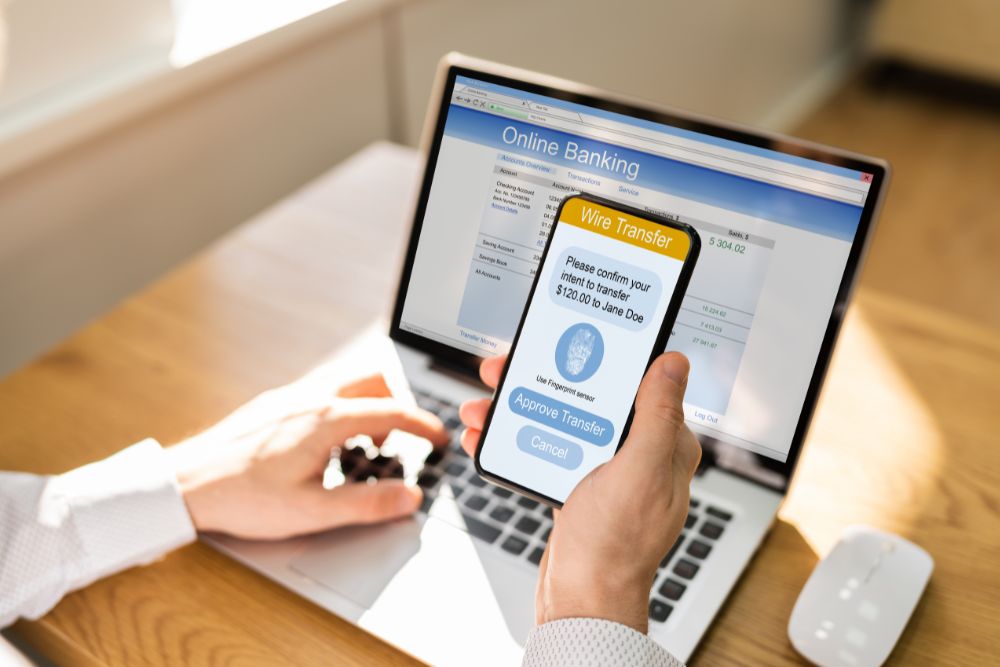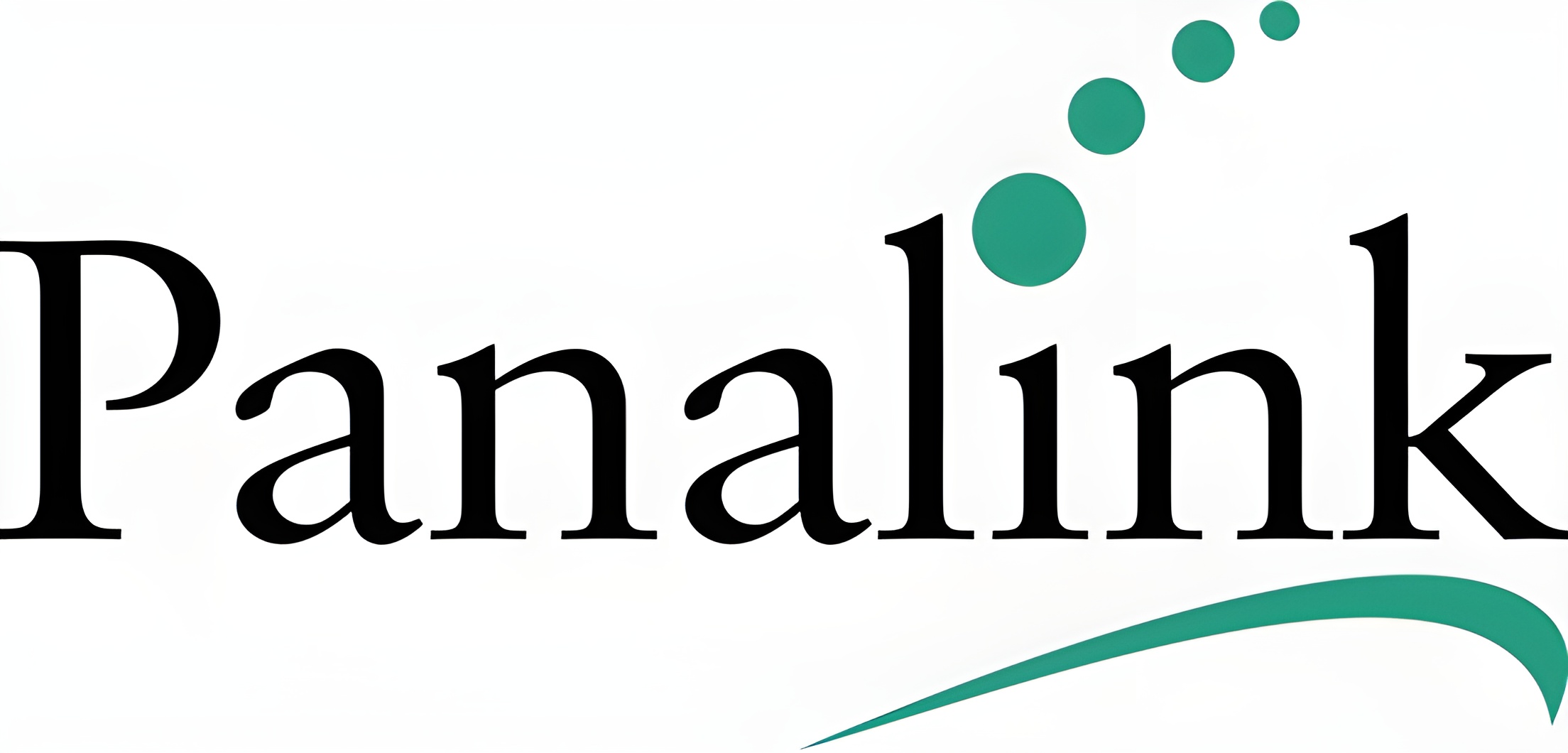Running an online business today can be incredibly rewarding, but it also comes with its own set of challenges—especially when it comes to keeping your business, your customers, and your reputation safe from ever-evolving cyber threats. At Panalinks, we’ve seen businesses of all sizes in India and beyond face cybersecurity hurdles, whether they’re building a robust WordPress site, scaling up on Shopify, rolling out a Laravel-powered web application, or driving sales through apps built with React Native.
That’s why Cybersecurity for Online Business isn’t just something for the IT experts to worry about—it needs to be front and center for anyone who wants to increase online presence, boost online selling, and build trust with customers through ecommerce development, WordPress development, Shopify eCommerce sites, or any digital venture.
If you own, manage, or develop an online business, here are ten practical, human-friendly tips you and your team can use to safeguard your success.
Top 10 Essential Cybersecurity Tips for Online Businesses
1. Keep All Platforms & Plugins Up to Date

Whether your website runs on WordPress, Laravel, Shopify, or custom code, updates matter more than you might think. Outdated plugins, themes, or core files are some of the most common ways hackers sneak in.
- What you can do:
- Set up automatic updates when possible.
- Make it a habit to look out for updates on all your plugins, apps, and frameworks to keep everything running smoothly and securely.
- Remove any plugins or themes that you’re no longer using to minimize risk.
Not only does this reduce vulnerabilities, but it also helps your site run smoothly—an instant win for performance and user experience.
2. Create strong, unique passwords for all your accounts—and consider using a password manager to keep track of them safely.

As basic as it sounds, too many businesses still use weak passwords or repeat the same ones across accounts. If just one password is compromised, attackers could get full access to your website, admin panels, cloud storage, or even payment gateways.
- Tip: Encourage your team to create passwords with a mix of letters, numbers, and special characters.
- Make it easier: Use a trusted password manager. It safely keeps all your complex passwords in one place, so you only need to remember a single master password.
This simple habit can make a world of difference for your online security.
3. Enable Two-Factor Authentication (2FA) Everywhere

Adding another layer of protection is a must for Cybersecurity for Online Business. Two-factor authentication (2FA) means that, besides entering your password, you’ll also need to verify your identity with a second step—like entering a code sent to your phone—for extra security.
- Turn on two-factor authentication (2FA) wherever you can—this includes your WordPress admin panel, Shopify dashboard, Laravel portal, email accounts, and any other important logins. Adding this extra layer of security helps protect your accounts even if someone manages to guess your password.
- Benefits: Even if someone tries to break in with a stolen password, they won’t get far without the second code.
Adding two-factor authentication (2FA) might seem like a small extra step, but it goes a long way in stopping hackers and blocking many common attacks on your accounts.
4. Make Regular Backups—And Store Them Safely

Imagine if your ecommerce site is hacked or corrupted tomorrow—would you be able to restore everything quickly? Regular backups are your safety net.
- How often? At least weekly for lower-traffic sites, and daily (or even hourly) for busy WordPress eCommerce or Shopify businesses.
- Don’t just back up the website files: Include your databases, configuration files, and media uploads.
- Store backups securely: Keep them in a separate, secure location—preferably offsite or in protected cloud storage.
Having a dependable backup is your best protection against ransomware attacks, website hacks, or accidental data loss.
5. Install SSL Certificates and Use HTTPS

Customers need to trust your website with their personal and payment information, and a visible “secure” padlock in their browser URL helps do exactly that. SSL certificates are no longer optional for Cybersecurity for Online Business—they’re a necessity.
- Why SSL/HTTPS?
- Encrypts data in transit, protecting sensitive information.
- Google trusts sites with SSL certificates for better SEO rankings, and customers feel more confident seeing the secure padlock symbol in their browser.
- Easy Setup: Modern hosts and platforms (including WordPress, Shopify, and Laravel) often provide one-click SSL setup.
Switching to HTTPS is one of the quickest ways to earn customer trust and protect data.
6. Use Security Plugins and Firewalls

You don’t have to start from scratch to protect your business. There are excellent security plugins and firewall tools that protect your site around the clock.
- Explore solutions:
- WordPress development: Try plugins like Wordfence or Sucuri.
- Laravel: Use middleware and third-party firewalls to filter malicious requests.
- Shopify eCommerce sites: Take advantage of Shopify’s built-in security, but stay vigilant with additional app integrations.
Firewalls can block malicious traffic, detect brute-force attacks, scan for malware, and notify you before small problems become bigger ones.
7. Train Your Team—And Yourself

Many security breaches happen simply because someone makes a mistake—human error is actually one of the biggest reasons behind these incidents. Often, all it takes is clicking a dodgy attachment or using weak login details to put your business at risk.
- Host regular training: Walk through basic cyber hygiene—like recognizing phishing emails and suspicious links.
- Review access regularly: Don’t give everyone admin privileges. Make strict policies about who can change, update, or delete important website content.
A knowledgeable team is always your first and last line of defense.
8. Limit User Access and Follow the Principle of Least Privilege

People should only have the permissions necessary to do their work—no more than that. This principle, called “least privilege,” keeps accidental (or intentional) damage from spreading too far if something goes wrong.
- For WordPress, Laravel, or Shopify sites: Set up user roles and restrict high-level permissions.
- Review regularly: Remove old accounts and reset credentials for former employees or unused integrations.
This not only keeps your site safe but also makes management much simpler.
9. Monitor for Suspicious Activity

The faster you spot strange behavior, the faster you can react and prevent damage.
- What to watch for: Unusual login attempts, spikes in traffic from odd locations, sudden account creations, or large unexpected data downloads.
- Pro tip: Many web hosts, plugins, and apps have built-in monitoring and alerts—set these up to get notified of suspicious events as soon as they happen.
Ongoing monitoring is like having a digital guard dog—it lets you sleep a little easier every night.
10. Keep Software and Devices Clean

Cyber threats aren’t limited to just your website. Outdated laptops, infected mobiles, or unpatched point-of-sale systems can all be entry points for hackers.
- Install updates promptly: Make sure to install updates as soon as they’re available—turn on automatic updates on all the devices your team uses for work, from development computers to smartphones and desktops. This helps keep your business protected without you having to think twice.
- Regular security scans: Invest in reliable antivirus/anti-malware solutions for your office devices.
Maintaining clean, secure devices helps protect your entire online ecosystem—especially if you’re managing remote teams or using cloud tools.
Cybersecurity Is a Long-Term Investment
Strengthening cybersecurity for online business might sound technical, but it’s all about protecting your hard work, your customers’ trust, and your company’s future. From powerful WordPress plugins to Laravel app security, Shopify’s safe infrastructure to robust React Native app development, following these practices means you can focus on what you do best—growing and thriving in the digital world.
Ready to make your online presence safer, smarter, and more successful?
Write to us at contactus@panalinks.com the Panalinks team is here to help you with all aspects of website and app security, ecommerce development, and digital growth

